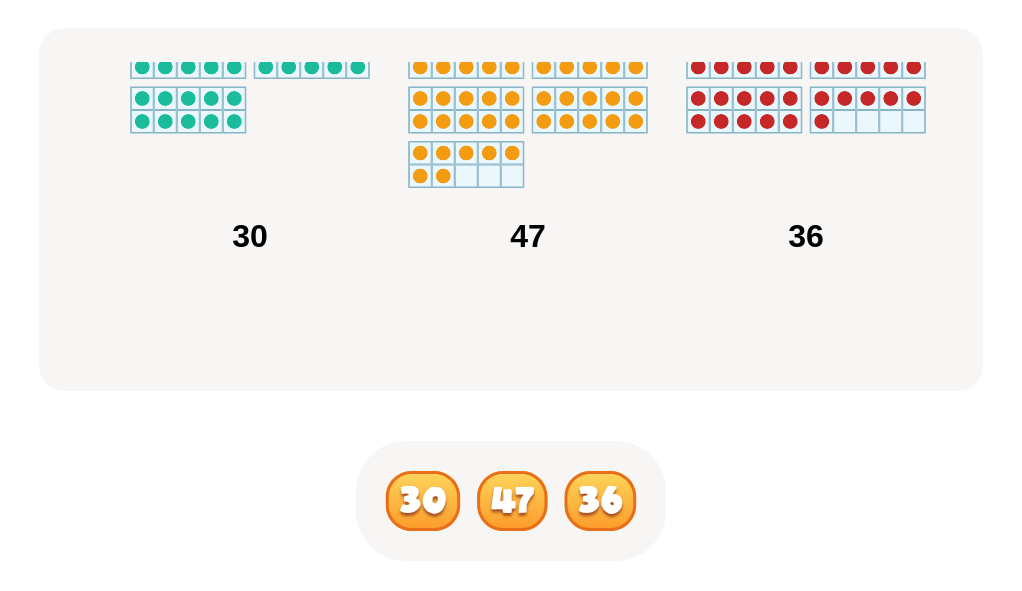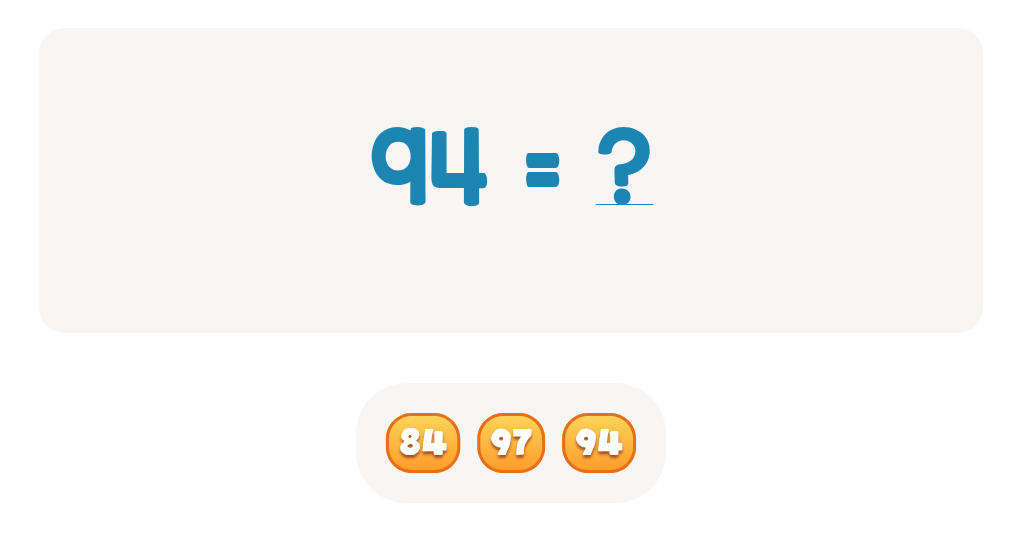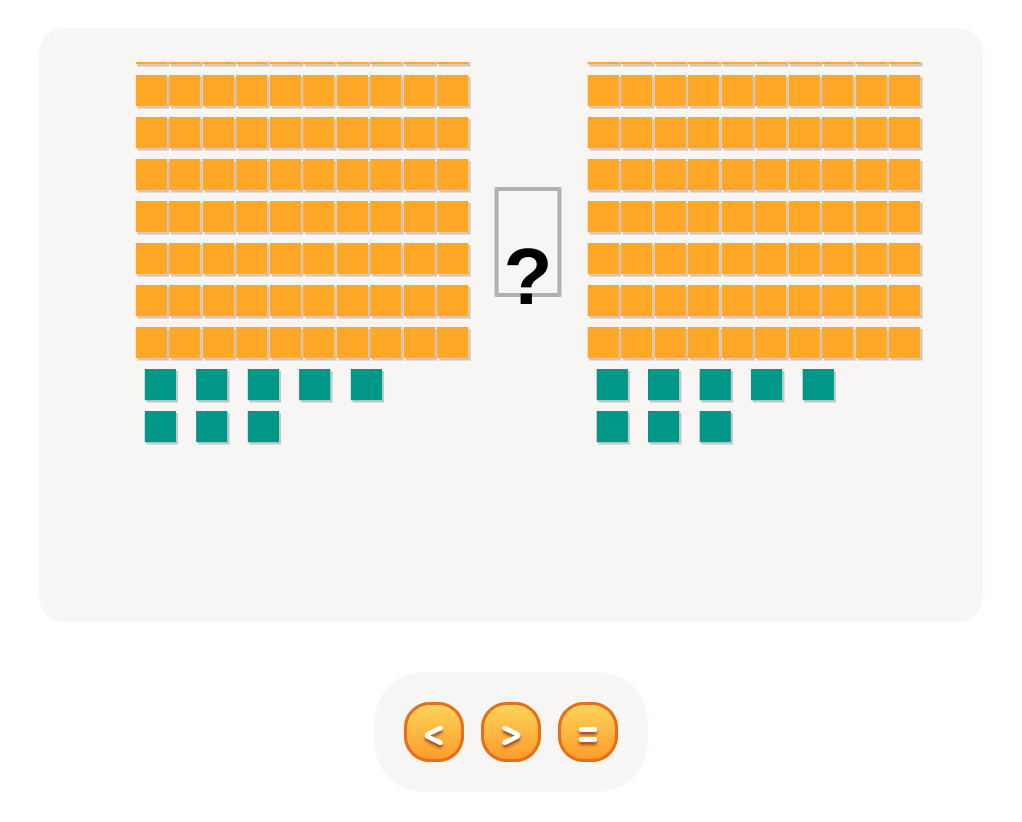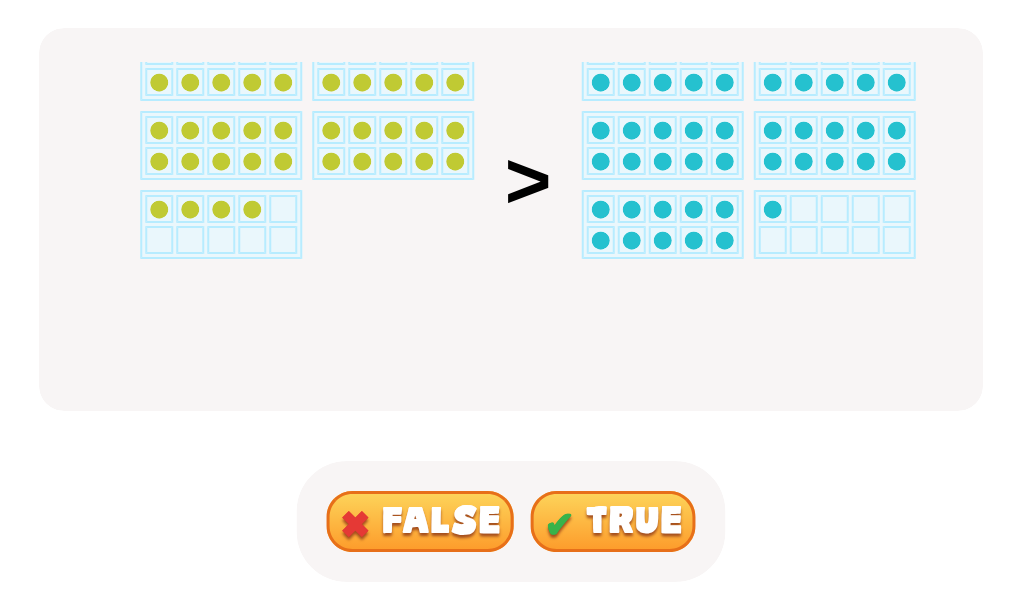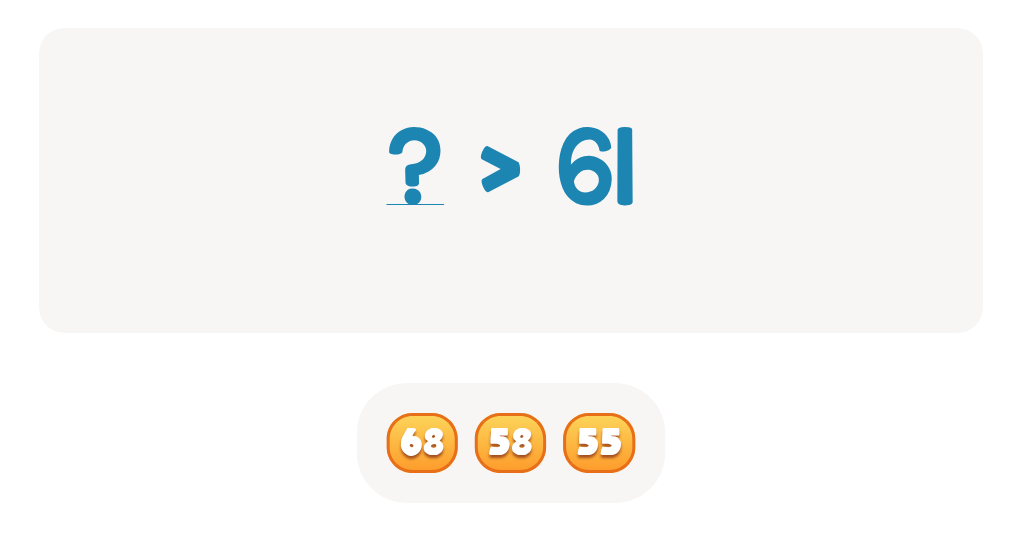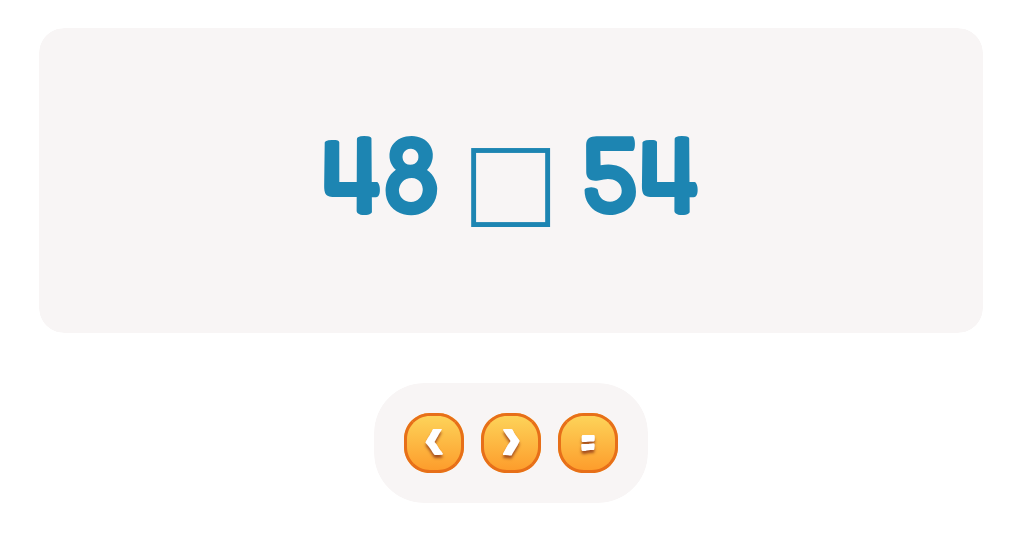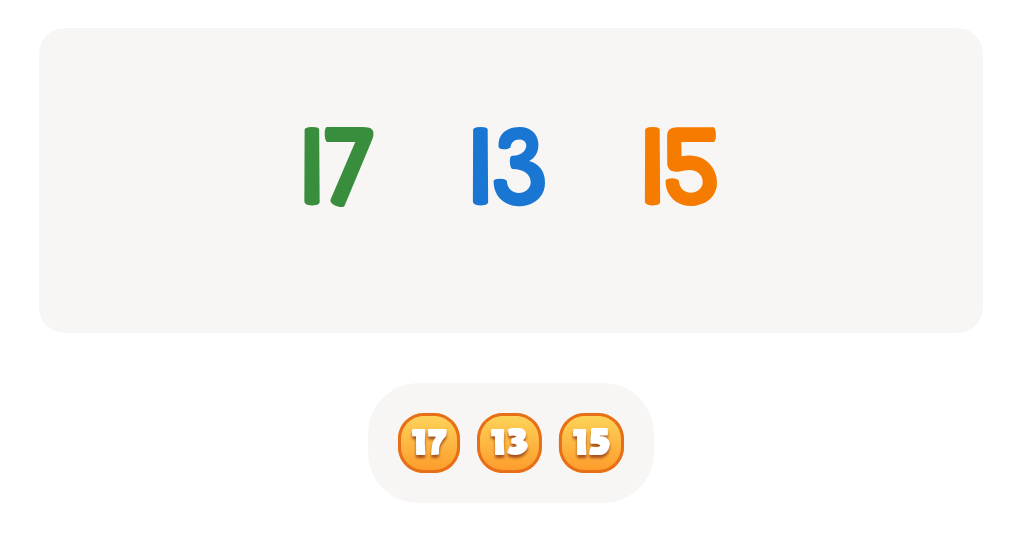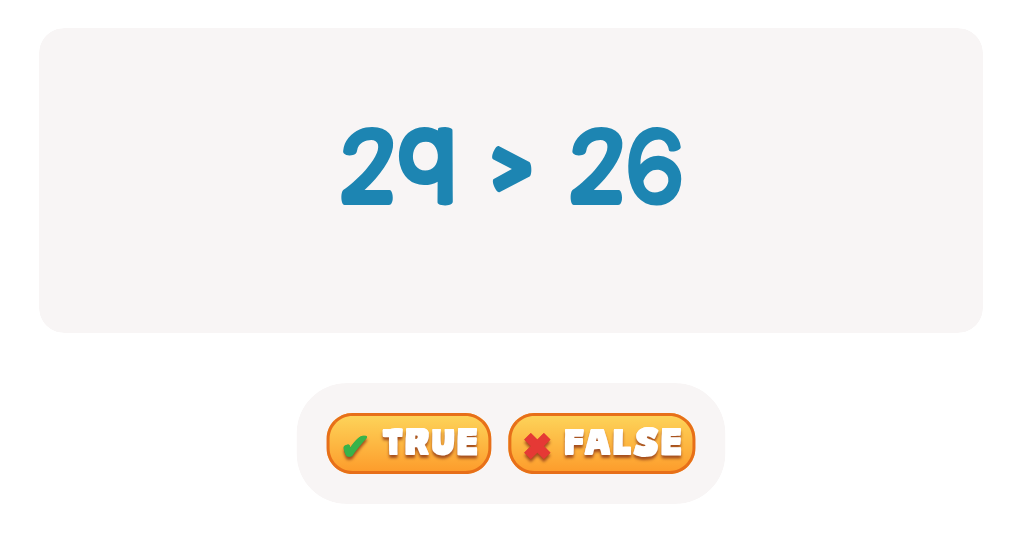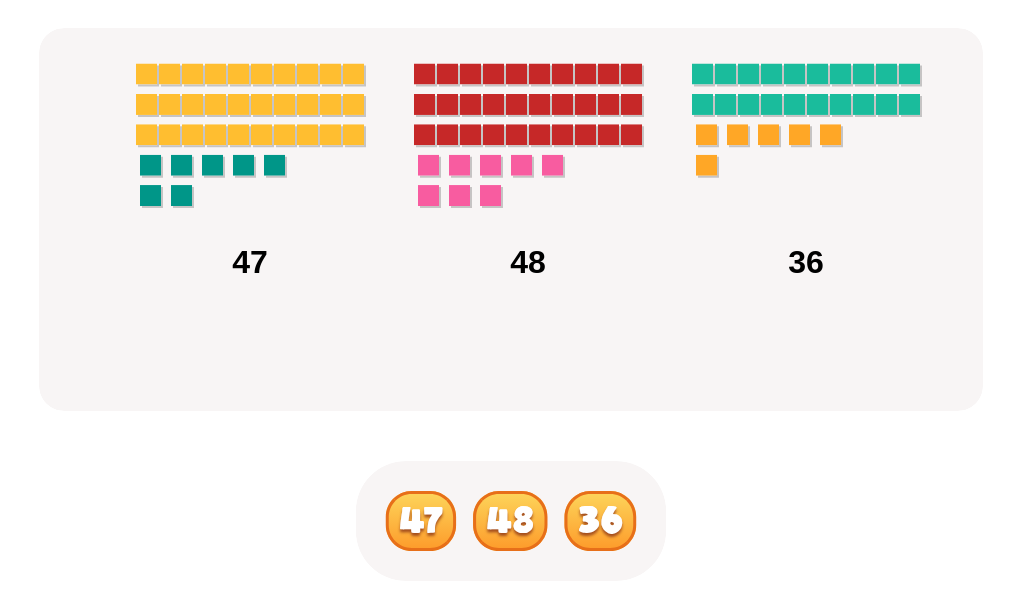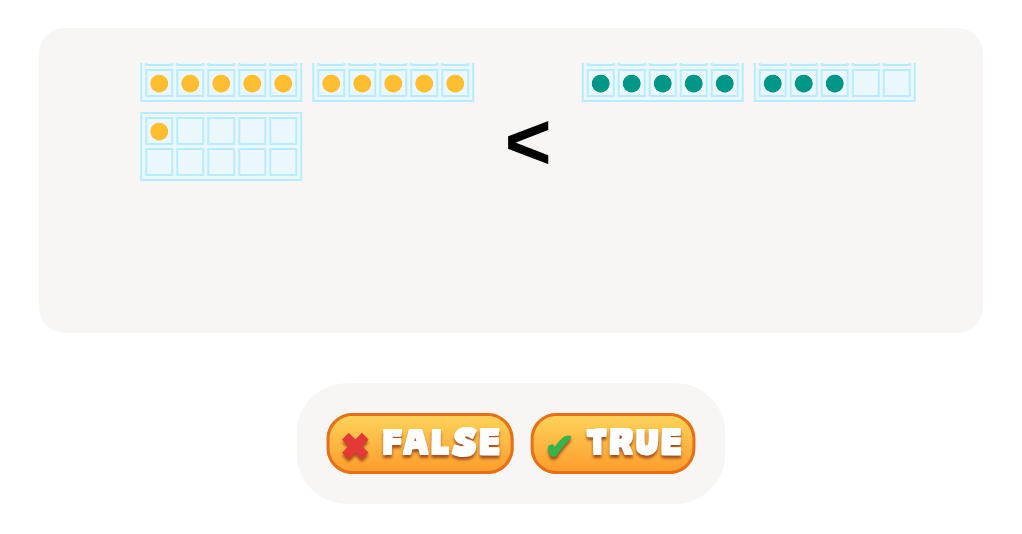Basic Math Skills Comparing Numbers Worksheets for Ages 3-4
4 filtered results
-
From - To
Welcome to our engaging "Basic Math Skills Comparing Numbers Worksheets" specially designed for ages 3-4! These interactive worksheets introduce young learners to the essential skill of comparing numbers through fun and colorful activities. Children will explore concepts like greater than, less than, and equal to while enhancing their numerical awareness. Our resources provide a playful yet educational environment, encouraging kids to build a solid foundation in math. Perfect for home or classroom use, these worksheets help little ones develop critical thinking skills and boost their confidence in math. Start your child's math journey today with our easy-to-use and enjoyable worksheets!
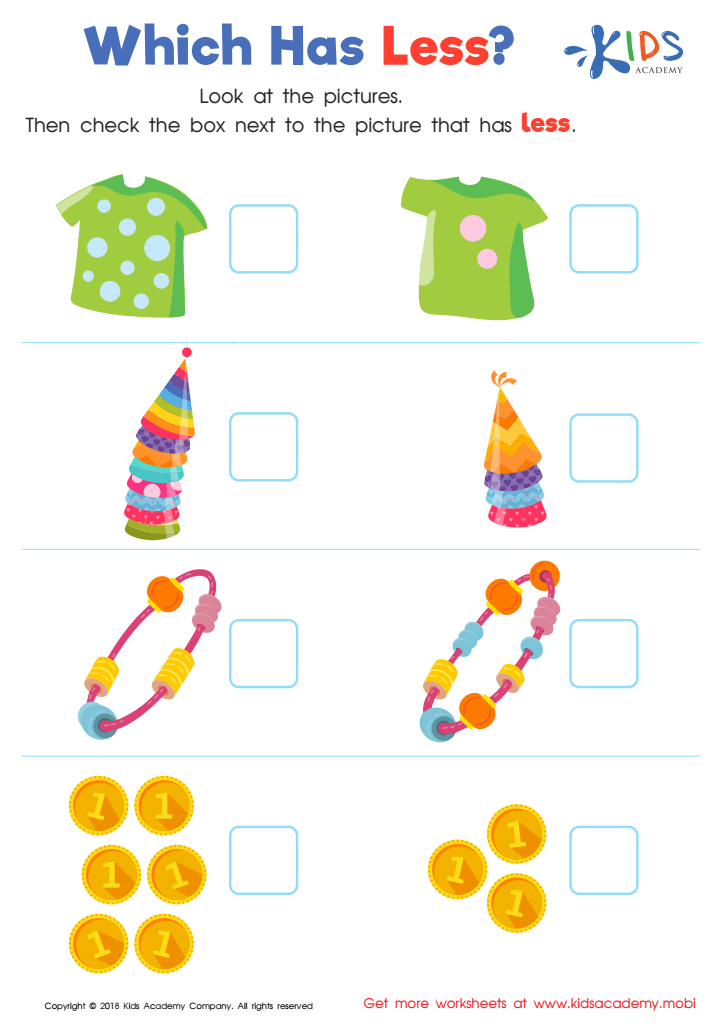

Which Has Less? Worksheet
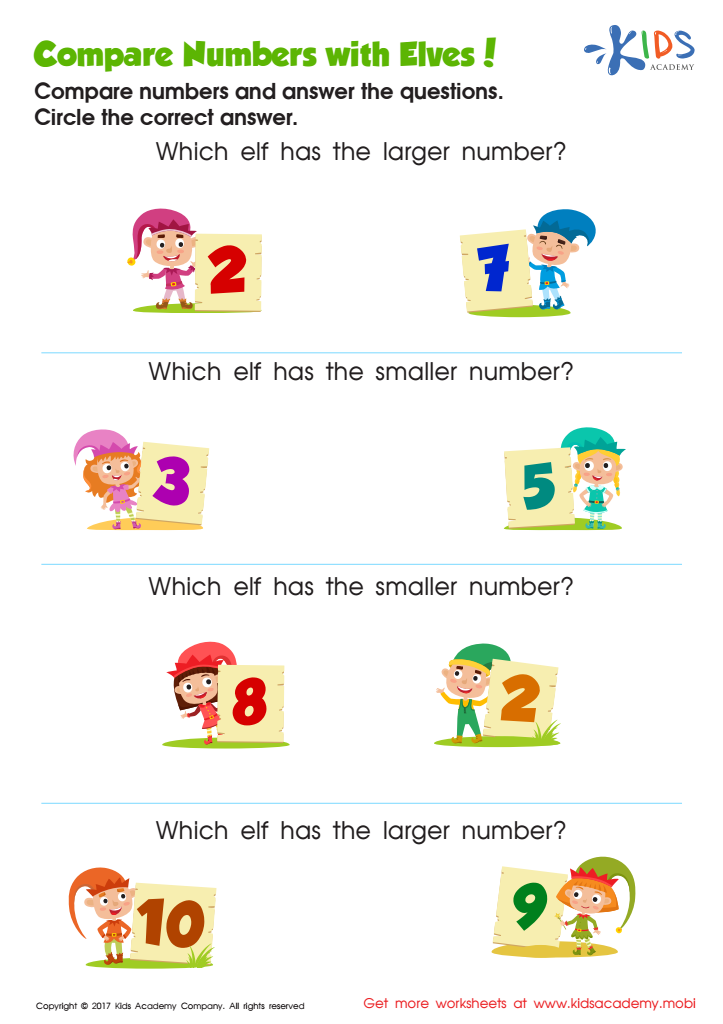

Comparing Numbers Worksheet for Kindergarten
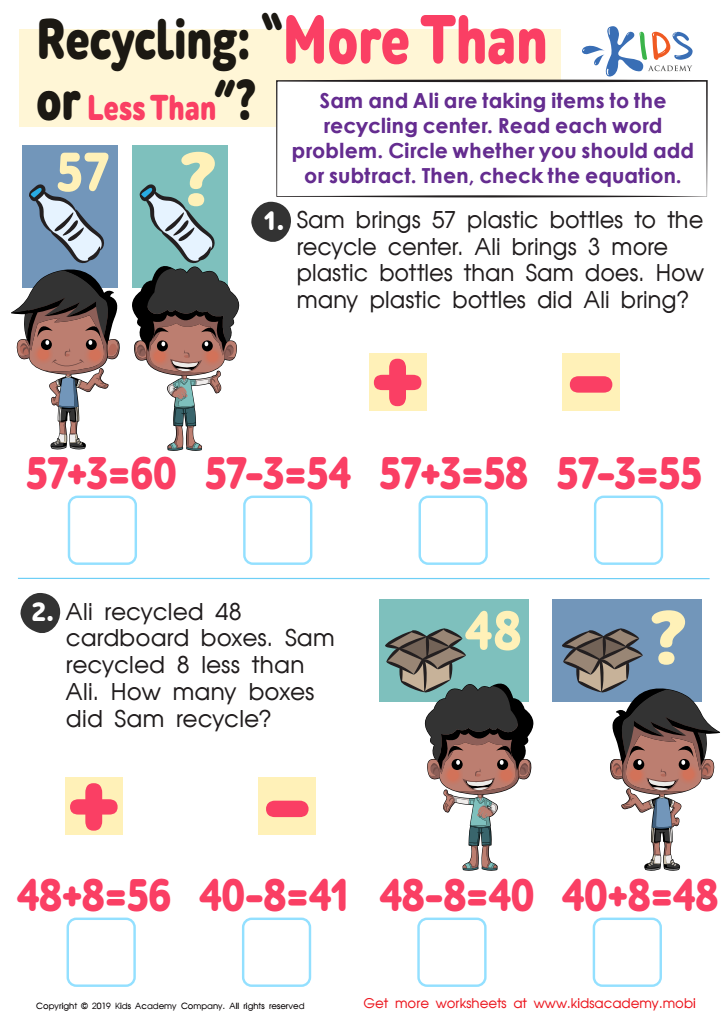

Recycling - More or Less Worksheet
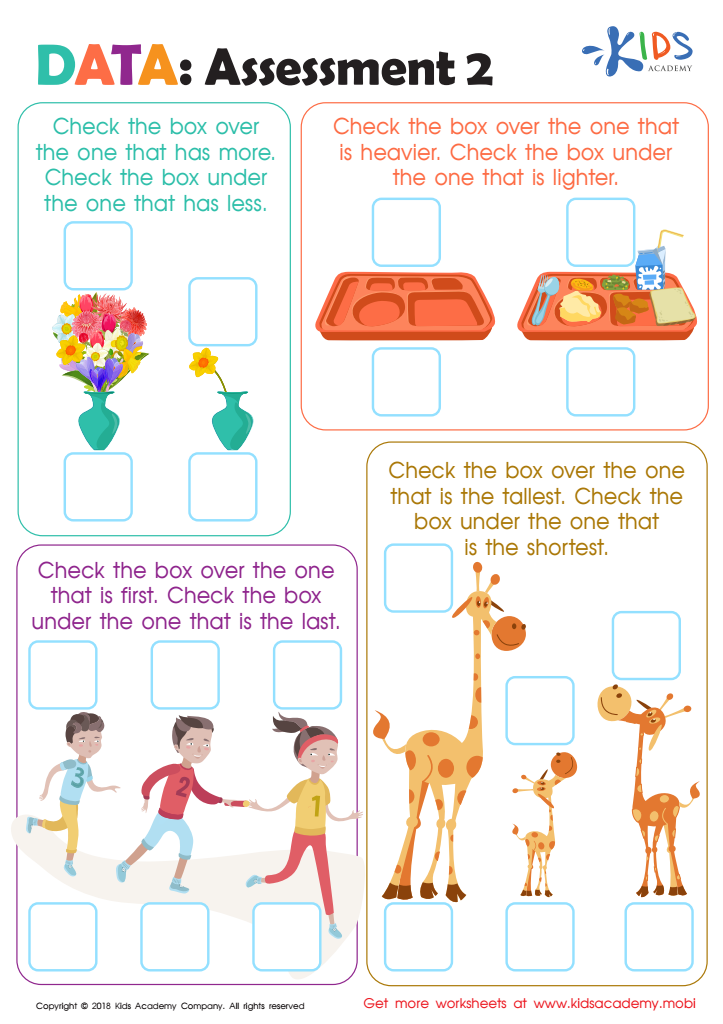

Data: Assessment 2 Worksheet
Parents and teachers should prioritize teaching basic math skills, such as comparing numbers, to children aged 3-4 because these foundational concepts are crucial for future academic success and everyday problem-solving. At this stage, children develop critical thinking and cognitive skills, where engaging them with math can enhance their understanding of quantities, sizes, and order.
By learning to compare numbers—determining which is greater, lesser, or equal—children strengthen their analytical abilities. These insights form the groundwork for more complex mathematical concepts like addition and subtraction. Additionally, mastering basic math fosters confidence in learning, as young children often exhibit enthusiasm for numbers cues through games and playful activities that can help parents or teachers facilitate this engagement.
Moreover, enhancing math skills at an early age can positively impact later performance in STEM fields (science, technology, engineering, and mathematics), which are increasingly crucial in today’s world. Parents and teachers play a vital role in creating enriching environments, whether through storybooks, counting games, or hands-on activities, to make math engaging. Ultimately, early exposure to math not only builds cognitive abilities but also prepares children for academic challenges ahead, instilling a lifelong appreciation for learning.
 Assign to My Students
Assign to My Students
